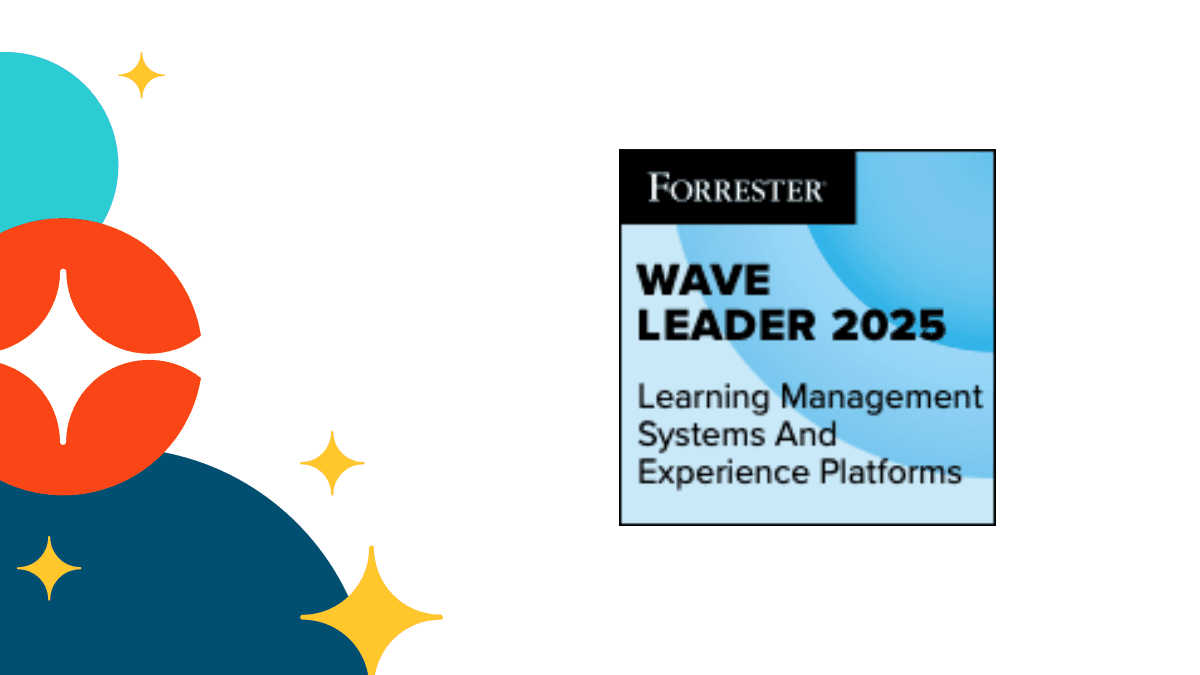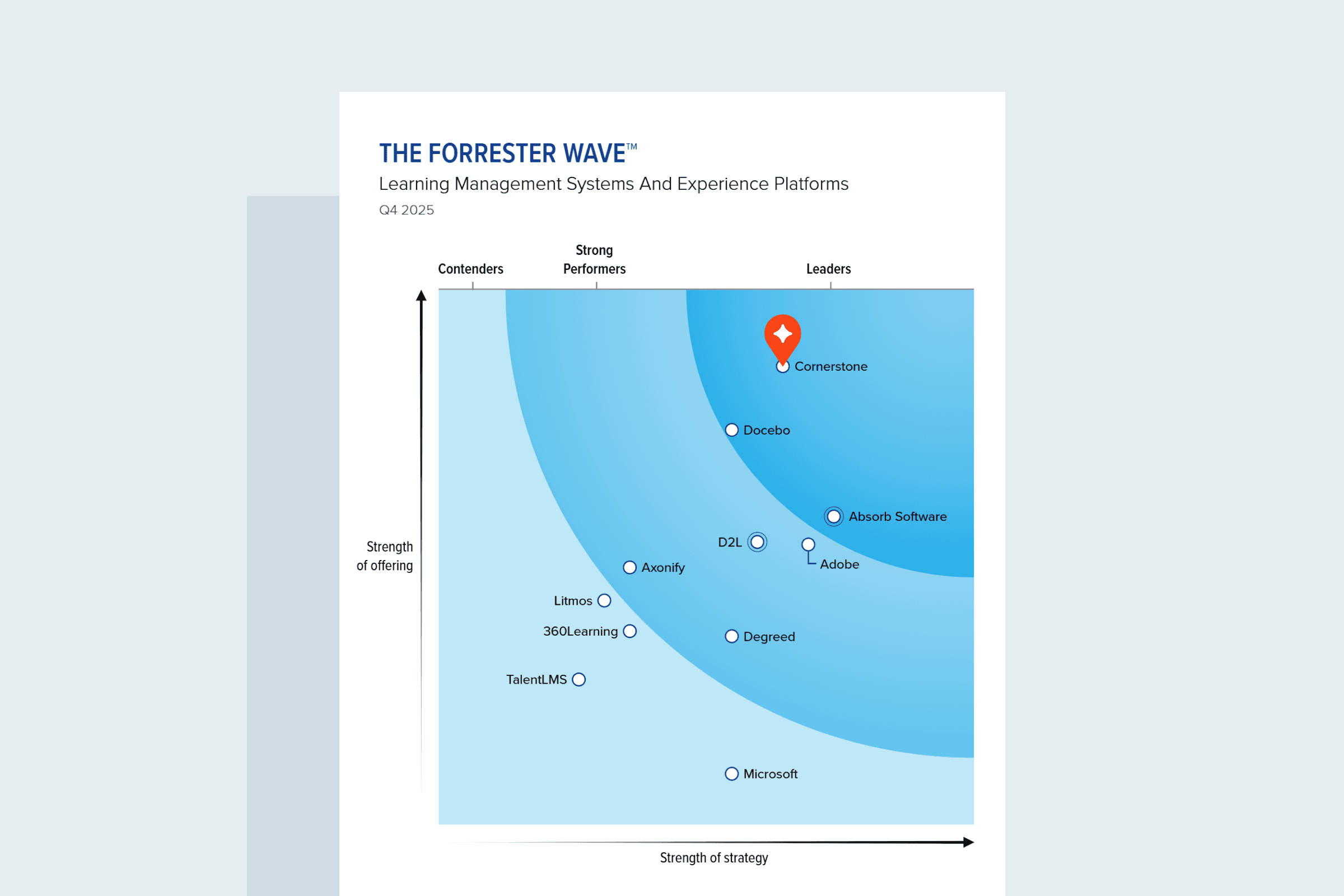Richmond-based Virginia Commonwealth University (VCU), one of the nation’s leading public research institutions, has known that discovery and creativity go hand-in-hand since it first began admitting students into its medical program in 1838. And today, it continues to be a trailblazer in the world of higher education, offering its undergraduate and graduate students over 200 top-ranked programs across various fields and majors. However, until recently, many HR functions were distributed among different schools and departments. VCU’s Central HR looked to Cornerstone to help them create a unified approach to performance management, learning, development, succession, and compensation.
- Main Challenge: The need for a new performance management process and an enhanced focus on career development
- Solution: Cornerstone Performance, Cornerstone Learning, Cornerstone Succession, and Cornerstone Compensation
- Results: Centralized learning ecosystem with new career pathing and development programs
Building a university-wide approach to performance management
The VCU Great Place HR Redesign rolled out in January 2018 and worked to align employees with the university's mission and vision, incentivize high levels of employee performance and modernize HR practices. Some highlights of the new plan included a new job family structure, market and merit-based pay and career path advancement. A significant component of the new HR plan was a re-envisioned performance review process which started with cascading goals for each employee, allowing for a direct connection to the university’s school/unit-level strategic priorities to each staff member’s goals.
VCU implemented Cornerstone performance, learning management and succession planning modules to address this critical business need.
Before this implementation, “Administration of the performance review process was decentralized across the university,” explained Megan Wood, VCU’s former project manager in charge of implementing Cornerstone Performance and Cornerstone Learning. “Performance was assessed uniquely against an employee’s job description and not against standardized criteria to make it a truly equitable process for all employees.”
The university’s HR leadership strategically implemented the complementary Cornerstone software modules — learning management and succession planning. The learning management system supports VCU’s career pathing and development programs and provides a “one-stop” portal for staff learning. The goal was to facilitate more meaningful feedback that connects employee goals, contributions, and career interests with VCU’s strategic priorities. These optimizations helped VCU deliver on the HR Redesign implementation and created a more direct relationship with the university’s mission and vision to retain talented employees while assisting them in growing their careers.
Along with the technology optimizations, the university’s HR department established a standardized set of competencies and criteria for all employees university-wide (including two additional leadership competencies for people managers).
Tracking compliance training like never before
VCU’s implementation of Cornerstone Learning allowed for better tracking and managing compliance training, including pulling reports to assess completion rates in real time. This became an even greater priority when the university’s Board of Visitors wanted to achieve 100% adherence to all mandatory training.
“With Cornerstone Learning, we were able to bring all our compliance training online, which made it a lot more accessible to employees across the university,” shared Dye. “Not only did this help us with a centralized way to manage outstanding course completions, but more importantly, it allowed VCU to achieve training completion goals.”
The pandemic, with its sudden shift to remote work, was a catalyst for getting the university’s employees more comfortable with online courses. It also created a new opportunity to use Cornerstone Learning for more than compliance training alone. While the top 10-course completions each year pre-pandemic revolved primarily around compliance training, the split changed from 2020 onward. Courses like “The Road to Cultural Competence,” “Collaborating Remotely: A Positive Transition” and “Psychological Readiness and the Return to Campus,” along with webinar series addressing timely sociocultural issues like diversity, equity, inclusion and belonging saw noticeable upticks.
The pandemic allowed us to think creatively about how to leverage the full breadth and depth of online learning content more effectively,” said Cindi Phares, program manager for employee recognition and well-being at VCU. “This has reshaped our employees’ relationship to self-directed learning and, as a result, we’ve seen interest in content around work-life balance and general wellness become quite popular in recent months.”
Developing a more defined internal career pathing strategy
Before the COVID-19 pandemic, VCU ran a pilot in two of its job families — Technology Services and Development and Alumni Relations — to test their potential use cases for Cornerstone Succession. This approach made sense because these two job families have employees in each school and department, making it possible to evaluate the value and impact of a unified succession planning strategy more effectively.
The Cornerstone integrations also aligned with a decisive shift from a “position-based” to a more “person-based” model. The new VCU talent management structure focuses on the individual’s competencies rather than duties and responsibilities. Employees can progress through an established career path based on their knowledge, skills and contributions.
VCU’s career pathing work furthers the focus on succession and career development. This work is well facilitated through Cornerstone and aligns well with the faculty career path of assistant, associate and professor.
The system brings learning, growth, skills, and capabilities together for equitable, concrete advancement. “This provides an opportunity for VCU staff, like faculty, to be recognized and rewarded for high performance and career development and promoted internally as a VCU employee,” explained Robert Houghtaling, VCU’s project manager for decision support.
Leadership teams and subject matter experts within the job families have worked collaboratively to define the job-specific competencies associated with each job series. These VCU mapped these into a structured career path template available to all employees, allowing employees and managers to partner in supporting employee growth, development and advancement. As part of broader employee retention efforts, VCU knew we had to focus on promoting from within. “This career pathing work is a strong retention strategy and provides the clear structure for advancement, which is what VCU employees were asking for throughout campus,” shared Houghtaling.
Merit pay
With the launch of the performance management module and the availability of all performance ratings in the system, VCU chose to implement the compensation module for its performance-based pay process. This module, when integrated with VCU’s HR system of record, allows for compensation analysis and processing of both performance pay (merit) as well as other types of increases, such as those associated with career development milestones, significantly streamlining the process, enabling approval workflows and uploading of data back into our HR system of record.




